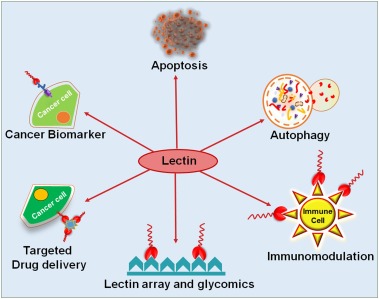Lectins
A lectin, also known as an "antinutrient," is a type of protein that binds to certain carbohydrates. Almost all organisms in the world, from plants to animals to microbes, contain lectins.
There are many types of lectins, and some are completely safe, while others can pose health risks. The difference depends on the amount of lectins present and the type of carbohydrates that bind to them.
Not all lectins are dangerous in the same way. In fact, many types of lectins pass through your digestive system unchanged. And while the lectins found in plants are considered edible and are usually harmless, they can still sometimes affect your health.
Also, although lectins are not affected by digestive enzymes, they are easily broken down by heat. Boiling lectin sources for just five to 10 minutes appears to completely reduce the lectin's ability to bind.
Why you should avoid lectins?
Lectins are sometimes dangerous because of how they bind to carbohydrates like sugar. You should avoid certain types of lectins due to the risk of:
Malnutrition
Certain types of lectins can prevent your body from absorbing other substances that have nutritional value. This can eventually lead to serious problems like malnutrition.
The Problem With Lectins
Lectins are defined as proteins that bind to carbohydrates. The same features that lectins use to defend plants in nature may cause problems during human digestion. They resist being broken down in the gut and are stable in acidic environments, features that protect lectin-containing plants in nature.

